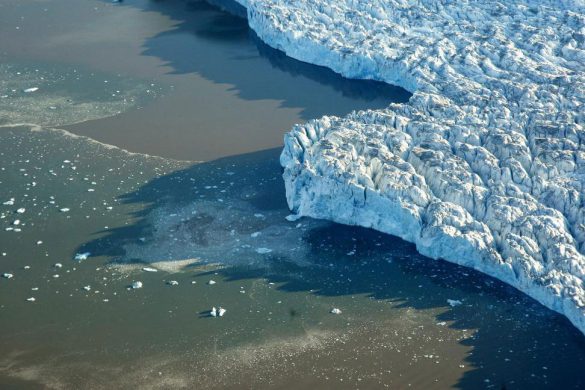The record temperatures were accompanied by rising sea levels and declines in Arctic sea-ice extent, continental glaciers and northern hemisphere snow cover, the UN World Meteorological Organization (WMO) said in a news release today.
Droughts and heatwaves
According to the agency, the five-year timescale allows for a better understanding of multi-year warming trends and extreme events such as prolonged droughts and recurrent heatwaves than an annual report.
Extremes
The report further examined whether human-induced climate change was directly linked to individual extreme events.
Many individual extreme weather and climate events recorded during 2011-2015 were made more likely as a result of human-induced climate change, WMO said. In the case of some extreme high temperatures, the probability increased by a factor of ten or more.
The WMO report was submitted to the Twenty-second Conference of the Parties of the UN Framework Convention on Climate Change (UNFCCC), known as COP 22, meeting Marrakech. The agency added that will release its provisional assessment of the state of the climate in 2016 on 14 November to support the discussions at COP22.














